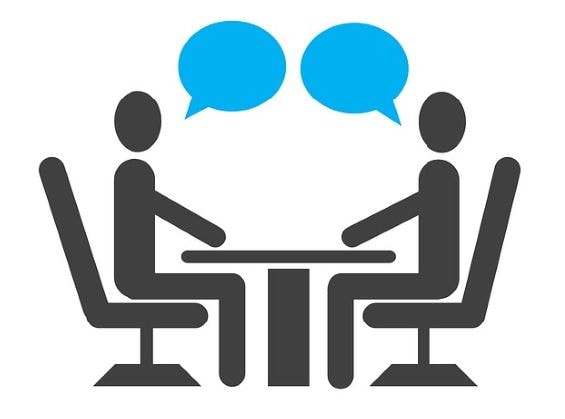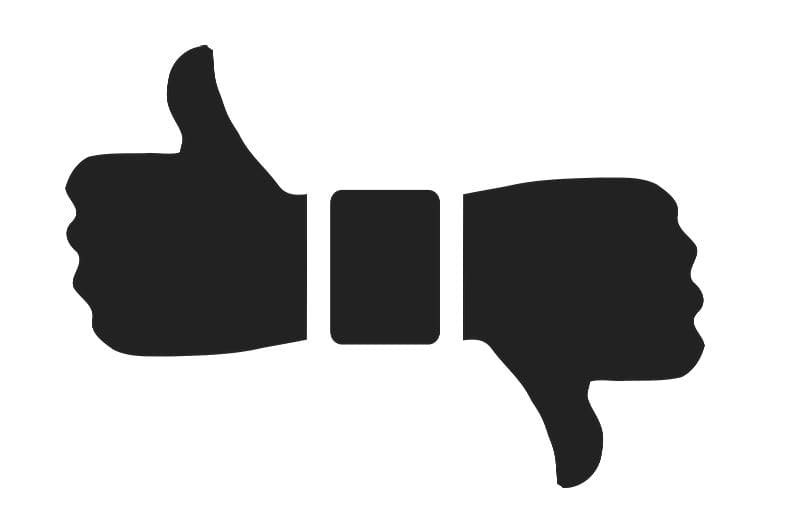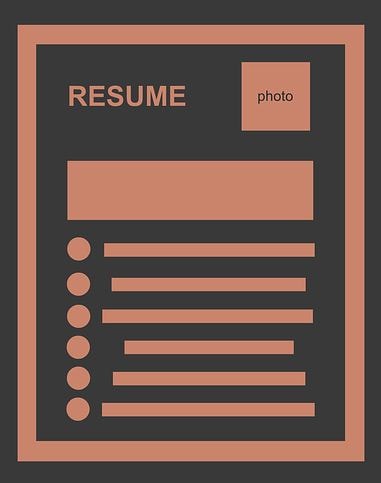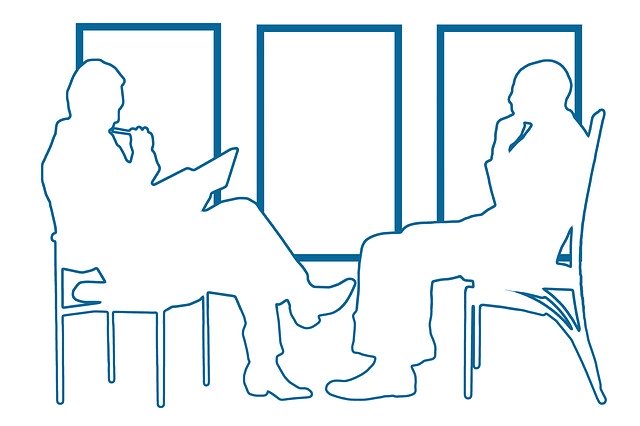
Do you have an interview coming up? Need help answering some common job interview questions? You’ve come to the right place.
Job interviews are always nerve-racking especially when you are in the critical stages of being admitted to the company. We tend to become so nervous when interviews come around. It’s okay to be nervous when we don’t know what to expect. Honestly, there is no perfect way to prepare for a job interview. All employers are different and questions can be random.
However, don’t worry. Most job interviews contain similar questions. So, there are some steps you can take to prepare yourself enough for these interviews. A great tactic to prepare for interviews is to figure out the common questions that may be asked by the employers. Here are a few kinds of interview questions that may arise during these evaluations.
1. Tell me about yourself?

Employers want to get a quick grasp of who you are. When this question arises, make sure you have your elevator speech ready and memorized. Prepare to give a good description of who you are, what you have done in the past, and your future goals.
It’s a great way to provide personal information to the company prior to being hired. It’s also one of the most common job interview questions asked upfront from employers. They want to briefly get to know the prospective employee. Be sure to give them enough information that will stick to them and is not too overwhelming.
2. Strengths and weaknesses?
Interviewers always ask this question even though they know that they will get answers that are obvious and overused. This common job interview question gauges the interviewee’s personal qualities such as honesty, maturity, and motivation.

You can base this question on your past work experience. Consider the job description and fit your personal strengths into this to highlight your key strengths.
When it comes to weaknesses, remember, you are your biggest critic. However, you don’t want to be too critical of yourself. According to Monster, the best way to answer this question is to minimize your weakness by emphasizing your strength. For example, “I pride myself on being the ‘big picture’ guy. I have to admit I sometimes miss small details, but I always make sure I have someone who is detail-oriented on my team”.
3. Past Experience

An employer wants to know if you have the skills and abilities that it takes to fill the position that you applied for. For this reason, your previous experience can translate if you are qualified to be able to handle the workload.
Your past experiences can say a lot about yourself. Again, think of the job description of the position you are applying to. Find a way to connect your past experiences to that. How does this experience prepare you for this job? Are you qualified to perform all duties described and listed?
You want to consider what the job requirements are and compare them to your ability to fulfill these requirements based on your previous experiences.
4. Employment Gaps
Employers inquire about employment gaps because it gives them insight as to whether the prospective employee can commit to working with the company.
The hiring process and training for employees cost the company money. Employers are only interested in spending money on employees who are willing to be with the company for a while.
If you do have employment gaps, provide a reason as to why you had this gap. Be honest. Jobs prefer to hire people with integrity. They want to know that they can trust you while also being ready and willing to commit to them.
5. What do you know about our company?
Researching the organization is a must. Employers desire to know if you are actually interested in working for their company. Research is a great way to show that. Look at their core values, goals and mission so that you can see if you are a good fit for this company. It will also highlight your interest if you know these things.
6. Why do you want to work for our company?

Answering this question confidently is crucial. Employers want to know why you want to work for them.
What interests you the most in working for their company? From your response to this question, they will know what your true motives are. It’s important to have a planned response to this question.
Think of the company and its history. Researching the company will help you answer this question as well. What similar interests and values do you share with the company?
Consider what past events have you heard of or attended with the company, how was the turnout? Be prepared to answer this common job interview question because it could essentially differentiate you from the other applicants.
7. Do you have any questions for us?

At the end of the evaluation, interviewers will definitely ask a question like this for the interviewee. If you have a few questions ready to ask the employer, it will show your level of interest in working with them.
When asked this question, consider it the perfect moment to ask about the position, the company’s view and culture. Also, you may inquire about the salary and benefits that come with working for the organization.
While there are many other variations of questions that will be used in the interview, being prepared is the most important piece of advice. Body language is an essential ingredient in an interview as well. Saying that you are confident and show that you are confident are two different things.
You want to be professional when speaking in your interview but you also want to be yourself. Don’t be afraid to show your personality. Forbes states that the best interview is a conversation. Don’t leave any question unanswered. Also, don’t assume that you got the job. Remember, you are competing against other applicants that are qualified as you. It’s also important to be on time!
For many recent graduates interviewing is a part of the everyday hardships and can be discouraging. Good interviewing is a skill that is learned over time. Stay strong and continue to learn and grow from the experiences. The next opportunity is on its way!
Apply today for our various internship positions.
